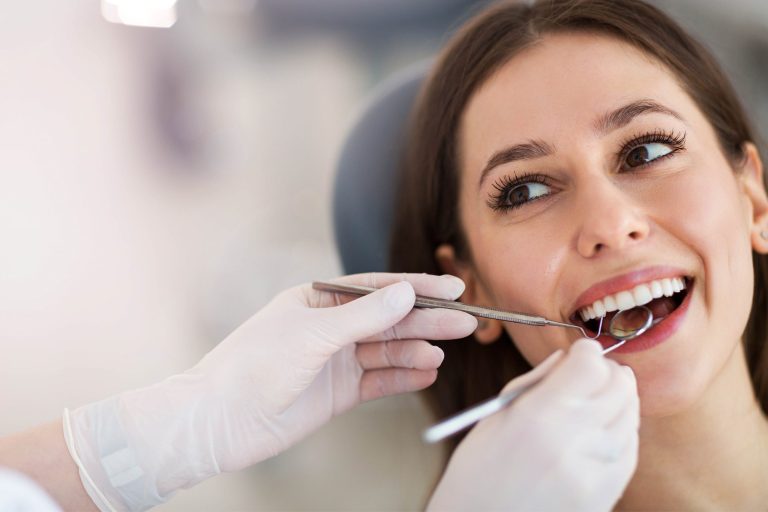Diabetes can wreak havoc on your body, causing problems with your eyes, kidneys, heart, and a host of other organs. And oral health is no exemption. If you or someone you love has diabetes, they may be at a higher risk to develop some of the more dangerous oral conditions out there.
Diabetes and Your Mouth
Saliva: Saliva does a lot of things for your mouth, such as rinsing away debris and producing catalysts that go after bacteria. Diabetics tend to have less saliva in their mouths and can be more prone to decay and even thrush, a conditionthat causes painful sores to develop in your mouth.
Gums: Because of the reduced ability to fight infection, due to high blood sugar levels and reduced blood flow, many diabetics suffer from inflamed, sore, and even bleeding gums. This is otherwise known as gingivitis, the first stage of gum disease. Although it is reversible, left untreated, gingivitis can lead to a much more serious condition called periodontitis, which attacks the tissue and bones in your mouth, leading to loosening teeth and even tooth loss. Periodontitis is irreversible, cannot be treated at home, and may require surgery.This is one of the many reasons why visiting the dentist for prevention is so important.
Healing: At some point in your life, you may need some sort of oral surgery on your mouth, whether that’s a root canal, tooth removal, or something more intense. The risk of infection after surgery is always high for just about anyone, but those who suffer from diabetes, because of their lowered immune system and improper blood flow, face the risk of a longer process for wounds to heal, AKA a higher risk for infections.
Plaque: Most everyone will have some sort of plaque buildup in their mouth at some point in their lives, but because blood sugar levels are much higher and a more frequent occurrence in diabetics, the likelihood of developing more frequent (and possibly more damaging) cavities is higher.
Just as much as diabetes can affect oral health, so can good oral health affect diabetes. Seeing your dentist on a routine basis to have gum disease examined is essential for everyone, most especially diabetics. Although it is reversible, left untreated, gingivitis can lead to a much more serious condition called periodontitis, which attacks the tissue and bones in your mouth, leading to loosening teeth and even tooth loss. Periodontitis is irreversible, cannot be treated at home, and may require surgery.This is one of the many reasons why visiting the dentist for prevention is so important.



















